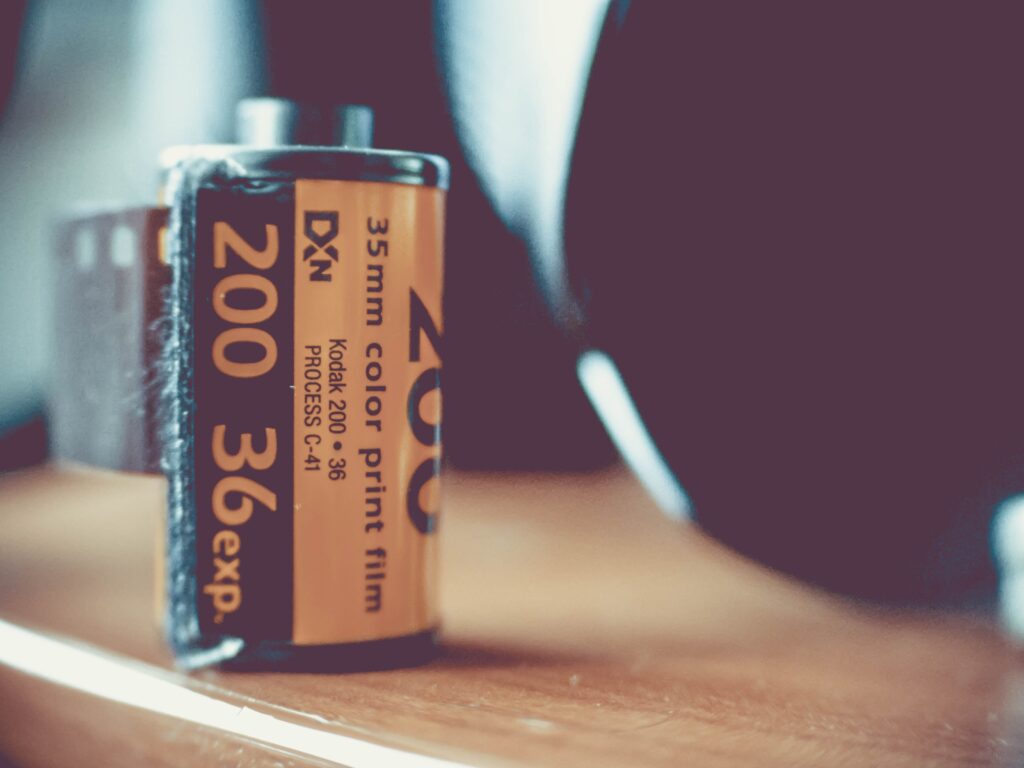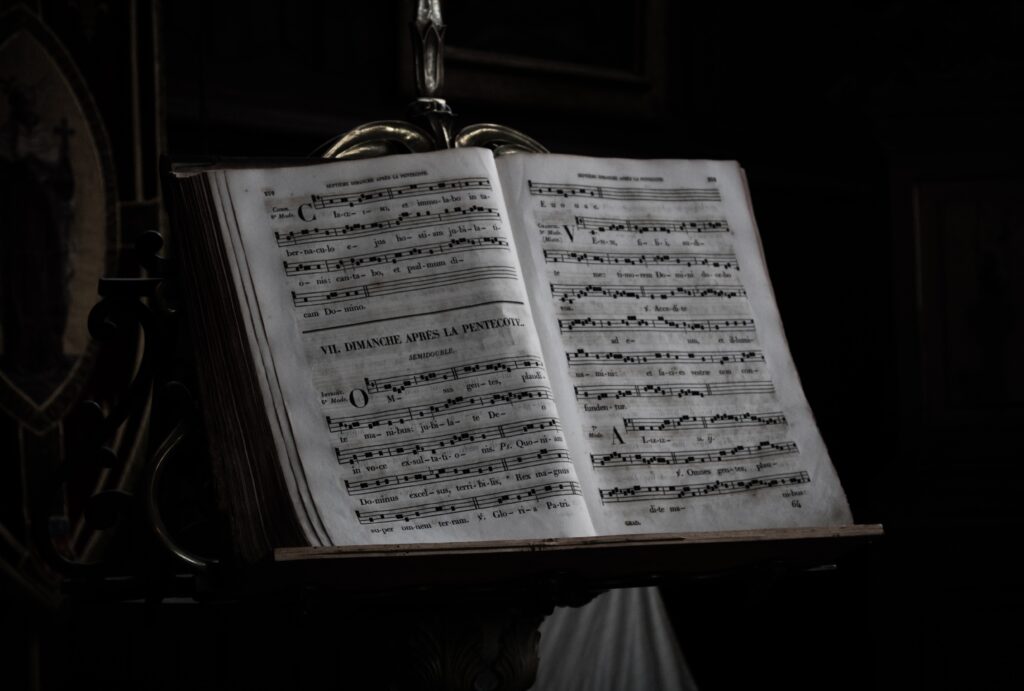French critics have launched a scathing attack on Ridley Scott’s recently released biopic “Napoleon.” The film, which has received praise from British and American reviewers, has been branded as lazy, pointless, and historically inaccurate by its French counterparts. The negative response to the film has sparked a deeper conversation about the French psyche and their views on their own history. Napoleon’s legacy continues to have a significant impact on France, with his influence evident throughout the country and its capital. Recent criticism of Napoleon’s record has further emphasized the weight of his legacy. For many, Napoleon symbolizes a France under attack from American imports such as identity politics and “wokeism.” Despite the negative reception from French critics, the film has found appreciation among some French fans who admire its depiction of Napoleon as an ordinary person shaped by a bloodthirsty revolution. Although opening strong in France, the film did not attain the same level of success as other blockbusters, as moviegoers expressed their disappointment in its portrayal of Napoleon as a loser and its lack of historical accuracy.

Overview of Ridley Scott’s Biopic ‘Napoleon’
Ridley Scott’s biopic ‘Napoleon’ has garnered significant attention and sparked extensive debate among critics and audiences alike. The film has received criticism from French critics, while British and American reviewers have provided positive reviews. The negative reaction from French critics sheds light on the French psyche and their perception of their own history. At the same time, the film explores the legacy and influence of Napoleon in France, touching upon recent criticism of his record. The perception of Napoleon in modern France is complex, and public opinion on the film has been polarized. However, there is also appreciation for the different portrayal of Napoleon and his role in French history. Despite a mixed reception, the film has had a significant box office performance in France, albeit not as impressive as other blockbuster films.
Film receives criticism from French critics
The film has faced strong criticism from French critics who have expressed their dissatisfaction with various aspects of the biopic. Negative reviews have dominated the French media, with critics pointing out the film’s perceived laziness and pointlessness. Accusations of a boring narrative and criticism of the film causing migraines have added to the negative reception. Additionally, some critics have expressed their dissatisfaction with the length of the film, finding it too long and dragging.
One of the main concerns highlighted by French critics is the presence of historical inaccuracies in the biopic. These inaccuracies have been seen as a disservice to the historical figure of Napoleon and have been met with disappointment from French audiences who have a deep connection with their country’s history.

Positive reviews from British and American reviewers
In stark contrast to the negative reception in France, British and American reviewers have responded positively to Ridley Scott’s ‘Napoleon’. These reviewers have praised the film for its qualities, particularly highlighting the strengths in storytelling and direction. They appreciated the biopic’s historical accuracy, which added depth and authenticity to the narrative. The film’s impact on viewers and its overall appeal to the general audience have also been noted as positive aspects.
The positive reviews from non-French critics provide a contrasting perspective on the film, indicating that the reception of ‘Napoleon’ is influenced by cultural and national contexts.
Negative reaction sheds light on French psyche
The negative reaction to ‘Napoleon’ from French critics offers valuable insight into the French psyche and their views on their own history. The film’s portrayal of Napoleon and its historical accuracy have struck a chord with French audiences, leading to a critical evaluation of their national identity and pride.
The French critics’ reviews reflect the cultural and historical context in which they are embedded. They go beyond a simple assessment of the film’s qualities, delving into the underlying issues that have shaped French perspectives on history. The negative reaction sheds light on the insecurities and complexities surrounding France’s historical narrative and its relationship with Napoleon as a symbol of power and ambition.

Napoleon’s legacy and influence in France
Napoleon’s historical significance in France cannot be understated. His fingerprints can be seen all over the country, particularly in its capital city, Paris. Napoleon’s cultural, political, and architectural influence continues to shape and define modern France. From his creation of the Napoleonic Code to his ambitious urban planning projects, his impact on French society remains prevalent.
Napoleon’s enduring legacy in France is a testament to his significance and the historical weight he carries. Despite the recent criticism surrounding his record, his contributions to French identity and development cannot be ignored.
Recent criticism of Napoleon’s record
In recent years, there has been a growing trend of reevaluating Napoleon’s historical reputation, leading to criticism of his military actions and policies. Some argue that his conquests and expansionist ambitions outweighed the benefits he brought to France. Reassessing the impact of Napoleon’s rule has sparked debate among historians and scholars, with differing opinions on the overall effect of his actions.
The criticism of Napoleon’s record has added another layer of complexity to his legacy and has prompted a deeper exploration of his historical significance.

Perception of Napoleon in modern France
The perception of Napoleon in modern France is multifaceted and varies among individuals. While some view him as a symbol of resilience and ambition, others find controversies surrounding his character and actions troubling. The relevance of Napoleon’s image in contemporary France is closely tied to ongoing debates about national identity and the challenges posed by globalization and cultural shifts.
Napoleon’s portrayal in Ridley Scott’s biopic has sparked mixed views among French audiences. While some appreciate the different portrayal of Napoleon as a regular mortal, born out of a bloodthirsty revolution, others have voiced concerns about historical accuracy and the potential distortion of his legacy.
Public opinion on Napoleon
A national poll conducted on public opinion regarding Napoleon reveals interesting findings. Around 74% of respondents with an opinion on Napoleon considered his actions beneficial for France. This suggests that there is still a significant portion of the French population that values his contributions and considers him a positive figure in their history.
Public opinion plays a crucial role in the overall reception of ‘Napoleon’ and the understanding of history it presents. The connection between public opinion and historical understanding is complex and can greatly influence the film’s success and reception.

Appreciation for different portrayal of Napoleon
Despite the mixed reception and controversy surrounding ‘Napoleon’, there are some French fans who appreciate the film for its different portrayal of the historical figure. They recognize and value the unique perspective offered by Ridley Scott, portraying Napoleon as a regular mortal rather than a mythical hero. This portrayal connects Napoleon to the bloodthirsty revolution and highlights the complexities of his character and the era in which he lived.
The appreciation for the exploration of different facets of Napoleon demonstrates a willingness among certain segments of the French audience to engage with alternative interpretations of their history.
Mixed reception and box office performance in France
Although ‘Napoleon’ had a strong opening in France, it did not achieve the same level of success as other blockbuster films. The film faced a lack of enthusiasm among French moviegoers, who were critical of its portrayal of Napoleon as a loser and its perceived lack of historical accuracy. These factors contributed to the mixed reception and influenced the film’s box office performance in France.
The mixed reception in France further highlights the contrasting views and expectations surrounding the biopic, underscoring the challenge of presenting a historical figure as iconic as Napoleon in a way that satisfies all audiences.
In conclusion, Ridley Scott’s biopic ‘Napoleon’ has generated significant discussion and debate. While it has received criticism from French critics, it has garnered positive reviews from British and American reviewers. The negative reaction sheds light on the French psyche and their perception of their own history. Napoleon’s legacy and influence in France remain significant, but recent criticism has sparked reevaluation. The perception of Napoleon in modern France is complex, reflecting differing views and challenges surrounding national identity. Despite mixed reception, there is appreciation for the unique portrayal of Napoleon in the film. The box office performance in France has been decent, although not as impressive as other blockbuster films. Overall, ‘Napoleon’ has sparked conversations about history, identity, and the understanding of a significant historical figure.

